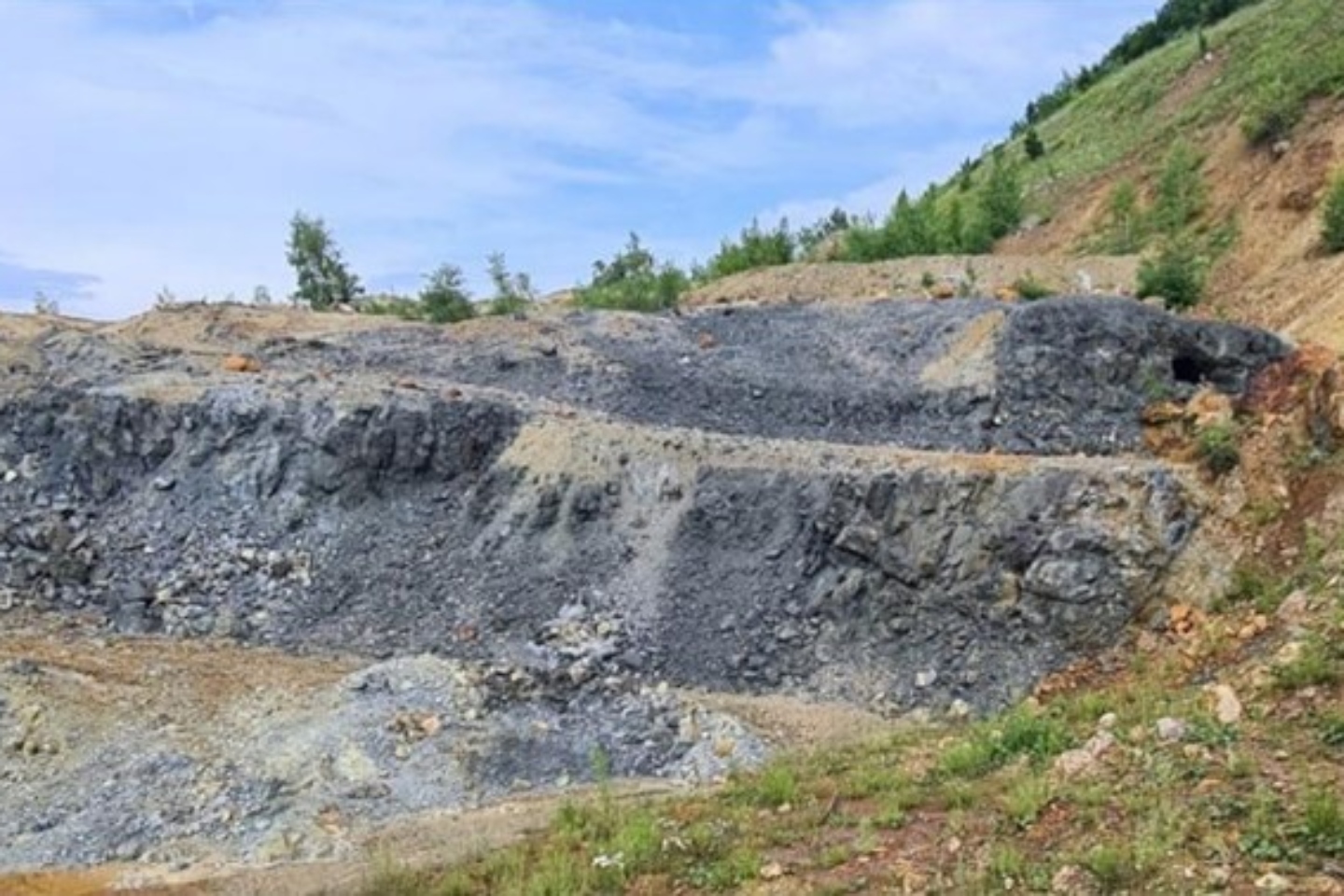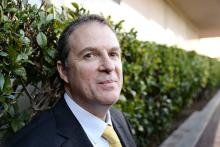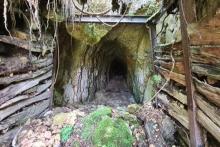Middle Island Resources has begun field exploration at the company’s Bobija polymetallic project in western Serbia, targeting exposed barite-sulphide mineralisation in the historic open-pit mine. Initial rock chip and channel sampling aims to validate previous sample results up to 5.24g/t gold and 120g/t silver, while soil sampling is planned to chase up areas defined by anomalous stream sediment results.


Middle Island Resources has launched field activities at the company’s Bobija polymetallic project in western Serbia, targeting the historic open-pit mine with exposed barite-sulphide mineralisation.
The company is conducting detailed channel and rock chip sampling across the pit floor and benches to assess the grade and distribution of outcropping sulphides, including potential gold, silver, lead and zinc. It is now waiting on assay results.
The activities mark Middle Island’s first foray onto the Serbian ground since its August binding agreement to acquire 100 per cent of Konstantin Resources, which could potentially transform the company into a multi-jurisdictional copper-gold explorer.
The deal, which includes 475 million shares and 100 million options, awaits shareholder approval at a general meeting in late October or early November. The notice of meeting is under review by ASX and ASIC.
The Bobija project, part of the portfolio held by Konstantin, spans 208 square kilometres in central-western Serbia, about 100km southwest of Belgrade.
It includes three granted exploration licences - Bobija, Bobija East and Kamenita Kosa - an application for Orovica and a 10-year option on two mining licences from local firm Bobija doo Ljubovija.
The initial focus is the Bobija mine area, originally explored by the Yugoslav government for barite, lead and zinc.
Historic drilling from the 1960s to 1980s, and later work by Reservoir Minerals and Nevsun Resources in 2014-2017, intersected significant near-surface polymetallic mineralisation in Triassic sediments.
One hole returned 45.2 metres at 1.71 grams per tonne (g/t) gold, 25.5g/t silver, 0.87 per cent lead and 2.26 per cent zinc from 18.8m depth.
A second hole assayed 15.1m at 1.91g/t gold, 122g/t silver, 4.23 per cent lead and 4.73 per cent zinc from 38.9m.
Extensive massive sulphide mineralisation is exposed in the floor of the historic open-pit mine and limited prior rock chip sampling by Konstantin has highlighted high-grade potential, with results up to 5.24g/t gold, 120g/t silver, 4.66 per cent zinc and 4.36 per cent lead.
The site shares similarities with Adriatic Metals’ Vares project in Bosnia and Herzegovina, a high-grade polymetallic deposit estimated to contain 20.9 million tonnes (Mt) at 1.1g/t gold, 153g/t silver, 0.4 per cent copper, 2.8 per cent lead and 4.3 per cent zinc.
Bobija lies just 12km southeast of the historic Veliki Majdan lead-zinc-silver mine, which was acquired from liquidation by Mineco in 2007. The mine processed about 50,000t per year of lead and zinc sulphide ore and employed about 288 people.
Middle Island Resources non-executive director Daniel Raihani said: “Recent work by Konstantin has revealed significant gold associated with the base metal mineralisation historically targeted in the area.”
Mining has been undertaken in and around Veliki Majdan since the 14th Century. Modern exploration kicked off in the 1930s, initially by a London-based mining company.
Exploration, including extensive underground development, continued until 1939, picking up again after the end of World War II. Processing at Veliki Majdan began in the 1960s, and it operated continuously until the outbreak of the nation’s civil war in late 1992.
Only very limited mining took place in the preceding decade, until Mineco acquired the mine in 2007 and returned it to full production in 2009.
Soil sampling is underway across the broader Bobija granted tenement area to follow up on 2024 stream sediment anomalies in gold and base metals, targeting historic workings where multiple barite and sulphide sites were noted in government-era reports, including the Tisovik lead mine and Rebelj copper mine.
Konstantin’s 620-square-kilometre Serbian portfolio extends across 14 mineral licences within the world-class Western Tethyan Mineral Province, complementing Middle Island’s 8600-square-kilometre Australian tenure in Queensland and the Northern Territory.
The Western Tethyan province hosts giant deposits such as Zijin Mining’s Cukaru Peki, with its 22.6Mt of copper and 17.1 million ounces of gold and Dundee Precious Metals’ Coka Rakita with its 6.6Mt at 6.38g/t gold for 1.4 million ounces.
BHP is also active in the region via an earn-in with Mundoro Capital.
A $3.4 million placement at $0.017 per share, led by Cygnet Capital, has bolstered Middle Island’s cash to $5.2 million, funding immediate exploration without debt.
Middle Island’s share price surged 80 per cent to $0.036 on the Konstantin acquisition announcement in early September, closing at $0.034 a share on high volume, reflecting market enthusiasm for the drill-ready targets.
Konstantin’s team, including former Dundee Precious Metals experts David Aizzeddin, Dragan Dragic and Peter Spiers, brings in-country expertise on the Balkans’ complex geology.
Middle Island’s board adds ASX-listed experience, positioning the combined entity for systematic discovery of polymetallic deposits.
The Bobija deposit remains remarkably underexplored, with untapped potential for significant gold alongside base metals.
Early channel sampling is expected to inform lithological controls, alteration and metal relationships, paving the way for follow-up reverse circulation or diamond drilling.
Regional soil and stream work could also define new targets across the more than 600-square-kilometre landholding.
With Serbia’s modern mining code supporting efficient operations with established rail, power and roads, Middle Island is pressing ahead toward defining the earliest possible production potential.
With assays pending and the October AGM vote approaching, the company is primed for breakthroughs in this prolific province.
Is your ASX-listed company doing something interesting? Contact: matt.birney@businessnews.com.au












